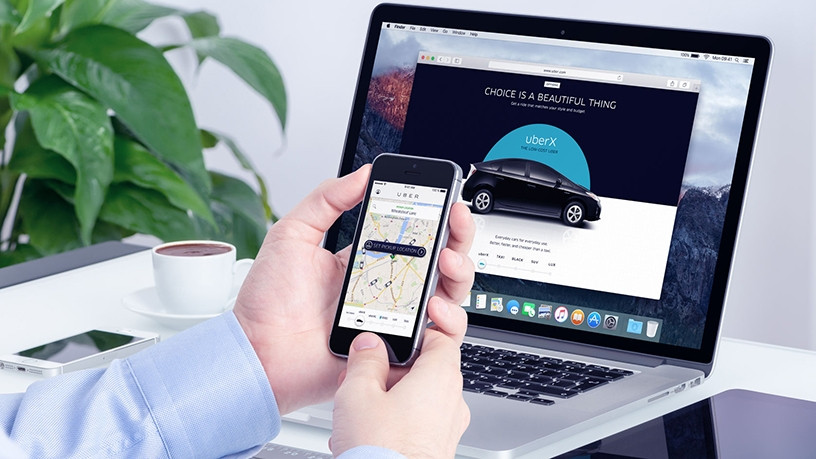
The number of ride-sharing drivers is set to increase from an estimated 4.3 million in 2017, to 8.6 million by 2022 globally, according to a new study from Juniper Research.
The research, Sharing Economy: Opportunities, Impacts & Disruptors 2017-2022, states that shared transport figures are anticipated to surge as operators are expanding established markets through smart innovation. "Platform providers can expect revenues to almost double across the period; from an estimated $11 billion this year, to $19 billion in 2022, as surge pricing which happens during times of high demand help boost revenues," noted the study. The report adds that service providers are increasingly relying on these high-demand periods, forecasting that surge pricing will account for 30% of total revenues by 2022.
Lauren Foye, research author at Juniper, says the introduction of digital formats, alongside the rapid expansion of the online ecosystem, is a game changer within the industry. "Players including BlaBlaCar, which is expanding its operations through carpooling, and Lyft which is strengthening its partnerships towards the development of autonomous vehicles, are setting their sights on diversifying their business models in order to out-pace rivals."
Industry giant - Uber - is forecast to remain as one of the biggest market contributors, with operations in 84 countries, including SA. The e-hailing service which launched in Johannesburg four years ago, says it has since totalled 1.8 million active riders and created 29 000 'economic opportunities' in the country.
"Uber's business partnership approach provides an accessible means for entrepreneurs to not only supplement their own income but also to become small business owners, thereby helping to improve the lives and futures of individuals, families and communities," explains Uber SA. "Sub-Saharan Africa has certainly benefitted from Uber's arrival. Citizens have a new, reliable way to get around, entrepreneurs have found a new way to earn an income and cities have also benefited - with possibly less cars on the road and therefore less carbon emissions."
Rival service - Taxify - which has only been in SA for a year, has an estimated 10 000 registered drivers signed up to the service in Johannesburg, Cape Town and Durban and set to partner with more in the coming years. Taxify is also in Nigeria and Kenya.
"We plan to expand to one to two more cities by the end of the year [2017] and introduce new categories tailored for different target markets. SA is the fastest-growing region for the group it operates in. We also want to assist more of our driver partners in expanding their business by launching affordable and reasonable leasing deals," notes the company.
Share